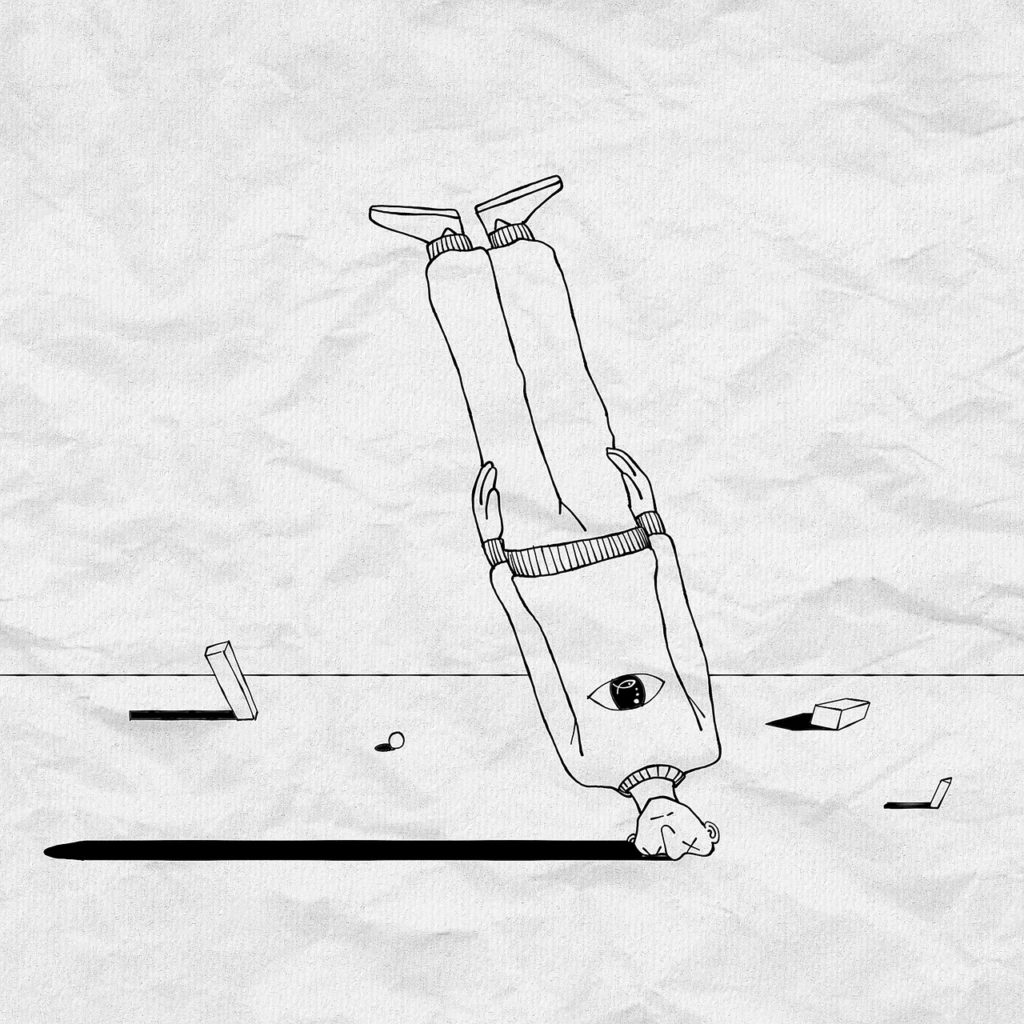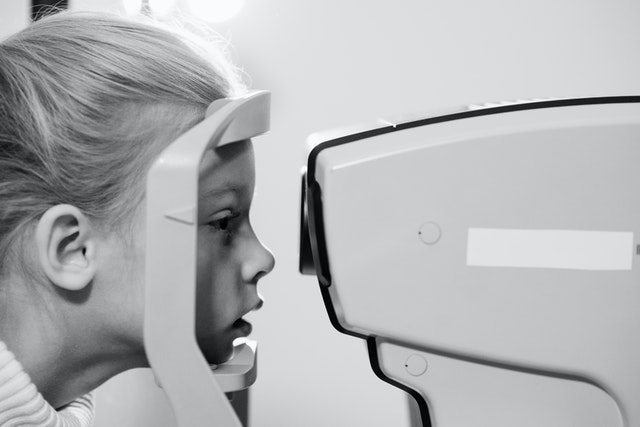Glaucoma is a group of eye conditions that damage the optic nerve, typically due to increased pressure within the eye. It’s a leading cause of blindness worldwide, often progressing slowly and without noticeable symptoms until significant vision loss occurs.
There are several types of glaucoma, but the most common is called primary open-angle glaucoma. In this type, the drainage angle within the eye remains open, but the trabecular meshwork, which is responsible for draining the fluid in the eye, becomes less efficient over time, leading to increased pressure within the eye.
Other types include angle-closure glaucoma, which occurs when the iris bulges forward to narrow or block the drainage angle, causing a sudden increase in eye pressure. There’s also normal-tension glaucoma, where optic nerve damage occurs despite normal eye pressure.
Treatment for glaucoma typically aims to lower intraocular pressure to slow or prevent further damage to the optic nerve. This can be achieved through various methods, including:
- Eye drops: These medications are often the first line of treatment and work to either decrease the production of aqueous humor or increase its drainage from the eye.
- Oral medications: In some cases, oral medications may be prescribed to help lower eye pressure.
- Laser therapy: Procedures like laser trabeculoplasty or iridotomy can improve the drainage of fluid in the eye and reduce intraocular pressure.
- Surgery: In advanced cases or when other treatments are ineffective, surgical procedures such as trabeculectomy or drainage implant surgery may be necessary to create a new drainage channel for the fluid in the eye to reduce pressure.
Regular eye exams are crucial for early detection and management of glaucoma, as early intervention can help prevent vision loss or slow its progression. You can make an appointment with us online at https://sightcareoptometry.com/. Additionally, maintaining a healthy lifestyle, including regular exercise, a balanced diet, and not smoking, may also help reduce the risk of developing glaucoma or its progression.
Note: This posting is for informational purposes only and does not attempt to diagnose or recommend treatment for any condition. Please refer to the Ontario Association Optometrists website (https://optom.on.ca/eye-health-library) for more information or consult an Optometrist if you are experiencing eyesight issues.






